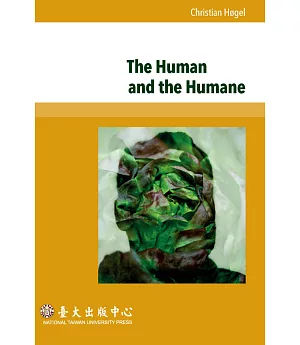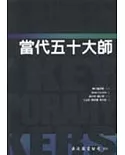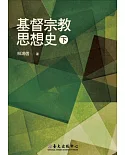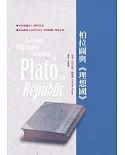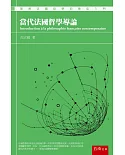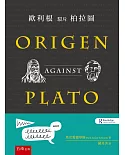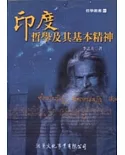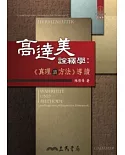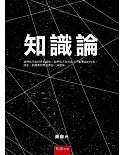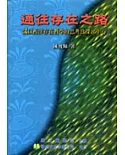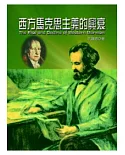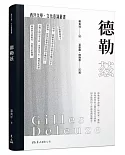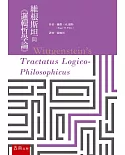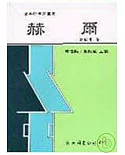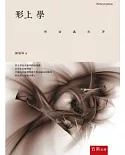Introduction (excerpt)
Not all societies, or all times in history, have been guided by the possibility of such reference to man. This manner of speaking – and especially the argumentative use of it – had its
beginning, in the Roman Empire, and from this point its ups and downs. In modern times and even more so now in a time of globalization, societies have increasingly adopted the manner of
speaking, taking various stances towards the arguments of the humane, experiencing it at times as too weak, too all-encompassing, too difficult to amend, or simply indispensable. Many of the
ultimate goals or higher ideals encapsulated in words as humane or humanity – in the ethical sense – may be expressed through other words, based on religious or (other) ethical beliefs, but the
framing of these views with reference to man includes these ultimate goals within a universal understanding. This has at least the immediate advantage of pointing beyond any particular religion
or confession, which may prove an asset in a globalized world. And with the increasing importance of human rights, the growing attention to global and postcolonial processes, and the still
evolving need to discuss man and society within a humanistic frame, also the conceptual past of the humane gains importance. The idealistic use of words referring to man has its history, and it
is the early parts of this history that will be traced in the following chapters, based on the assumption that much of what was formulated in that early phase has been taken for granted in the
following ages.

